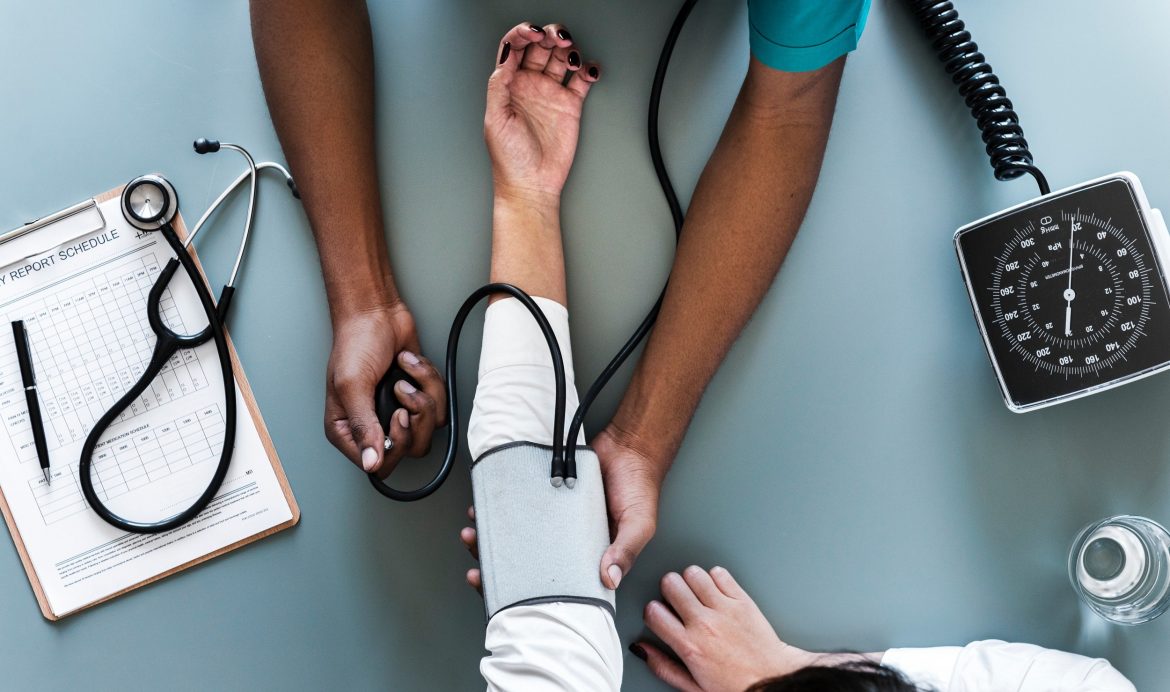Dr. George Hatoum is a practicing physician who believes patient care should be the first priority. He is a general practitioner with specialized interests in men’s Health. Dr. George Hatoum started his first medical center in 1995. The article below will highlight the role of a general practitioner in men’s Health.
The general practitioner (GP) is an essential point of contact for men seeking holistic healthcare. GPs are the first point of contact for men’s health issues. The GP can influence men’s current Health and improve their future Health.
Why is the GP such an important figure in men’s Health? To put it bluntly, Dr. George Hatoum believes men are generally less healthy than women. They take significant risks, smoke more, drink more, and make more harmful lifestyle decisions. Most people, particularly guys, dislike going to the doctor.
Developing a trusting relationship with such a primary care physician may shift your viewpoint on that awkward visit that you don’t feel you have time for. More importantly, it has the potential to save your life. Make an appointment with a primary care doctor to take the first step toward a healthier lifestyle.
Dr. George Hatoum observes that women visit their general practitioner regularly throughout their lives for a variety of reasons. One of these reasons is that routine screening for women is accessible, such as cervical smear testing and the mammography screening program. They are also more often the primary care givers to the kids and as such visit the GP with the kids and so are more often developing a trusting relationship with the GP.
There are currently no such routine screening programs for guys. Men are more likely to wait until they are older to see a general practitioner, leaving just a narrow window of health promotion opportunity, if at all, or being too late for every opportunistic health promotion by a healthcare professional.
These attendance rates are reflected in life expectancy data, with males dying younger than women regardless of age. The disparity in life expectancy between men and women is expected to widen.
Dr. George Hatoum observes that the results are displayed in data from the Health with All database 2003, which displays European male and female melanoma death rates. (Melanoma is more common in Australia than any other country in the world, especially Queensland). Except for breast cancer and malignant melanomas, men are more likely than women to develop cancer. Even though women are more likely than males to develop melanomas, men are more likely to die from them. It is reasonable to presume that this is due to their delayed presentation to the general practitioner.
It is critical that when males do present to the doctor, they are thoroughly evaluated and addressed. GPs should also make use of this chance to advocate future health plans. An online poll focused on testosterone insufficiency revealed a delay in seeking treatment (TD). According to the poll, more than 35% of males waited more than two years to get help for their TD symptoms.
The Health of men, particularly the older man, will be a global financial burden if health inequalities are not addressed. It is our job to do so. As GPs, we are uniquely positioned to help men use health services more effectively, promote improved Health seeking behavior, or improve health outcomes.
Dr. George Hatoum encourages men to seek care and eliminate the stigma that men typically associate with illness and vulnerability. This will also benefit both the man’s partner and his family’s Health, which will benefit the entire population.
To reduce the increasing premature mortality rate and morbidity in men, general practitioners must assume ownership of men’s health issues and be proactive in addressing health promotion. General practitioners with expert knowledge must educate, empower, and instill confidence in their colleagues to ensure patients receive the timely and best care. Finally, Dr. George Hatoum highlights that the GP may sometimes only have one chance to improve the Health of any specific male patient, and we must not squander that opportunity.




